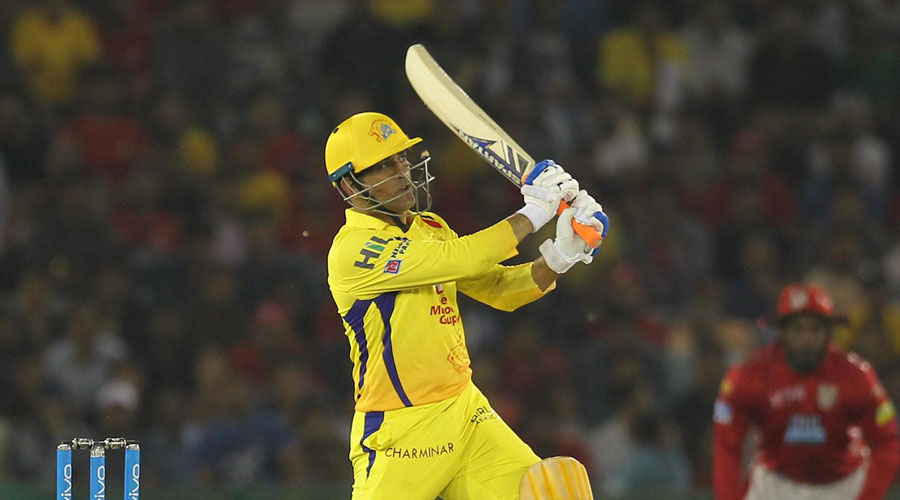Fantasy gaming platform Dream11, set up in 2008 by two Mumbai entrepreneurs, on Tuesday won the title sponsorship rights for this year’s Indian Premier League in the UAE with a bid of Rs 222 crore.
The deal is being seen as a lucrative one in a tough year though the amount is almost 50 per cent less than that agreed with the league’s previous backer, Chinese smartphone maker Vivo.
Dream11 outbid online education platforms Byju’s (Rs 201 crore) and Unacademy (Rs 170 crore). The IPL title rights would be available from Tuesday till December 31, 2020.
Vivo had secured the IPL sponsorship rights for 2018-2022 for nearly Rs 2,200 crore, or around Rs 440 crore per year, but pulled out of this year’s tournament amid a backlash against Chinese firms following the border clash and the subsequent diplomatic tension.
The Tata group, which was considered favourites to bag the title sponsorship, did not place their bid on Tuesday after the Board of Control for Cricket in India (BCCI) rejected their plan of placing the proposal through three different companies.
According to The Telegraph’s sources, the Tatas were ready to bid an amount upwards of Rs 300 crore.
“There was a lot of communication between the two parties after which it was decided that Tatas wouldn’t place their bid. Tatas made it clear that it wasn’t possible to place their bid through one company. The BCCI also stuck to their ground, saying there was no place for three different brands. That opened the gates for Dream11,” sources said.
The BCCI is set to rope in two more official partners in Unacademy and Cred, a credit card bill payment platform. Together they will bring in another Rs 80 crore, which means the BCCI has managed to raise more than Rs 300 crore in a pandemic-hit year.
There’s a possibility of Dream11 continuing their association with the IPL in case Vivo decides to not return as title sponsors next year.
“This is a good deal given the market conditions and the economy. Dream11 too can benefit from this partnership since in the absence of crowds in stadiums, digital media and TV viewership is expected to swell several times. Just wait for the tournament to start and you can feel the difference,” said a market analyst.
“But we will have to wait and see if it will have an impact on the brand value. If Vivo doesn’t come back then the amount we see for this year will be there for the next two years or at a slight premium.
“It wouldn’t be fair on BCCI’s part to get into any agreement for next year now. Let’s wait and see if the economy improves. The Covid situation will also determine next year’s value if Vivo refuses to continue.”
Dream11 was started in 2008 by Harsh Jain and Bhavit Sheth, and in just over a decade, it has turned into one of the biggest mobile gaming platforms in the country.
Harsh is the son of Anand Jain, a close friend of Reliance Industries boss Mukesh Ambani.
Anand Jain and the Reliance Industries chairman were classmates at Hill Grange High School in Mumbai. Anand Jain eventually became a trusted confidant of Mukesh, with whom he worked in close proximity in the Reliance group for several years before branching out on his own.
Jain Senior is currently chairman of Jai Corp, which started off as a textile weaving unit in 1985 and later morphed into an integrated infrastructure company.
Harsh Jain, who claims to be a lifelong Manchester United, Mumbai Indians and Indian cricket team fan, completed his engineering from the University of Pennsylvania and his MBA from Columbia Business School. Sheth has an MBA from Bentley University.
Dream11, which last year became India’s first gaming startup to be valued at over $1 billion, has faced legal challenges in the past due to the similarities of fantasy gaming to gambling, which is largely illegal in the country.
A court ruled that fantasy gaming involves skill rather than chance, enabling Dream11, which is also the fantasy gaming partner for the International Cricket Council and the NBA in India, to operate.
Additional reporting by our business bureau











